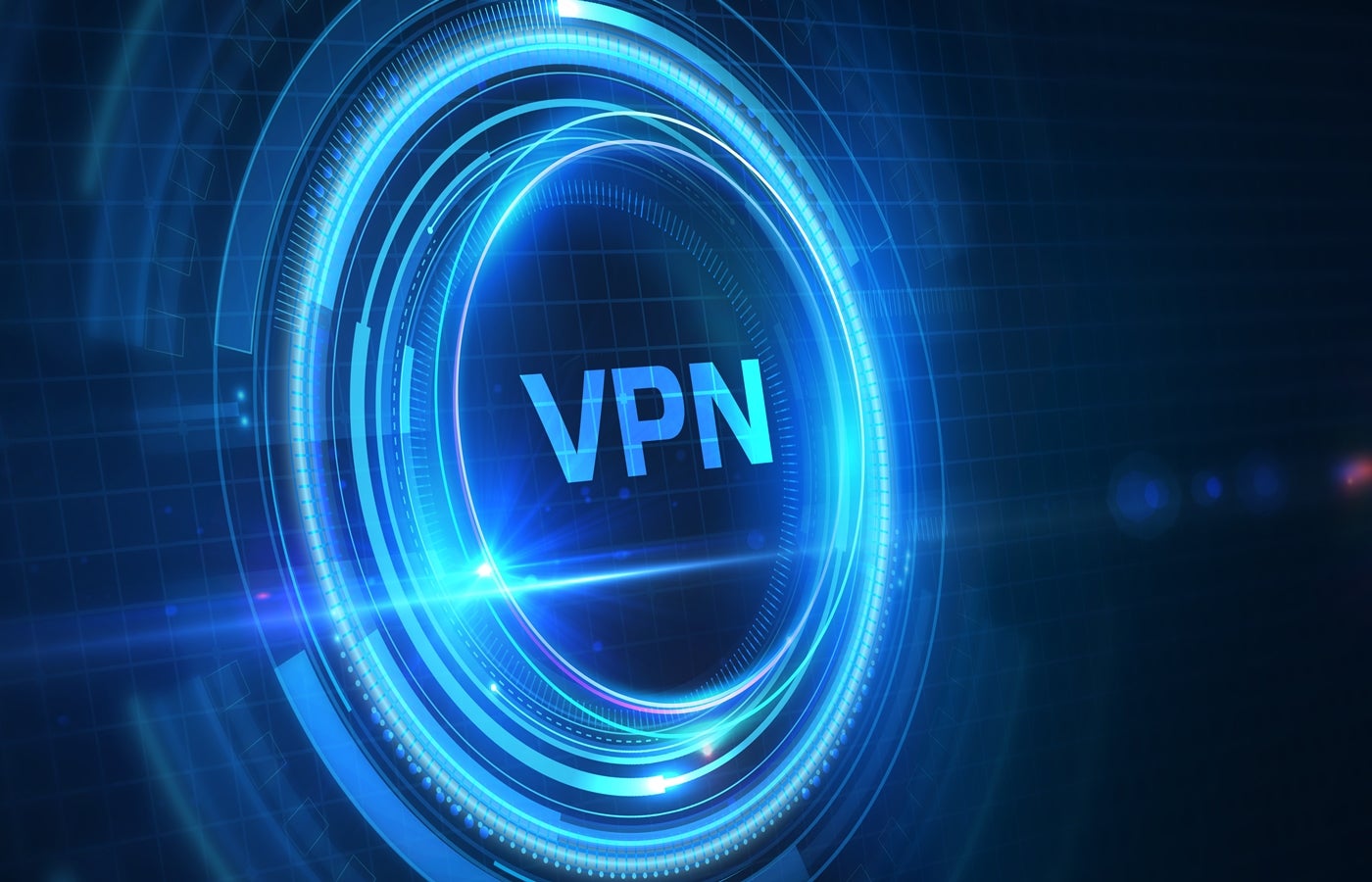By now, you’ve likely heard about the various capabilities of virtual private networks. Whether free trials have been advertised to you by your favorite podcasts or you’ve read up on them while researching the latest security tech, it’s clear that these online security services are here to stay.
So how exactly do VPNs work, and what information do VPNs hide to keep internet users safe? These are just some of the many questions you may have about VPNs, and luckily for you, this article is here to tackle them. Read on to learn about how VPNs work to protect your online privacy.
Featured Partners
Why VPNs protect your IP address
An IP address, or Internet Protocol address, is a unique set of numbers assigned to each internet connection. This numeric label is assigned to any and all devices when they connect to the internet. It serves as an identifier as well as a virtual address for a device, enabling it to send and receive data through its connected network.
SEE: Is a VPN Really Worth It in 2024? (TechRepublic)
When you connect to the internet, whatever device or digital assets you are using will require an IP address to function online. Unfortunately, an IP address can reveal information about your internet presence that may be dangerous in the wrong hands. Tracking your online activity, determining your approximate physical location, restricting your access to online services, sending targeted ads and committing cyber crimes on your behalf are just some of the dangers that can occur when people get hold of your IP address.
While tracing someone’s IP address may seem like a violation of privacy, there are currently no laws forbidding it. This means that your online activity and personal data could be at risk of being accessed by malicious third parties.
How VPNs protect your IP address
IP addresses can be easily tracked, especially when using the internet through an unsecured public Wi-Fi connection. Fortunately, VPNs generate private connections that encrypt your internet activity, making it unreadable. Of course, VPNs also impact your IP address to provide extra security for your online connections.
SEE: 4 Different Types of VPNs & When to Use Them (TechRepublic)
Let’s consider some common questions about how a VPN will change your IP address to enhance your online security.
Does a VPN disguise your IP address?
A VPN will disguise your IP address and assign you one from the VPN server’s location to exist in its place. By replacing your IP address, VPNs can make it appear as though you are connected to the internet from a separate location other than your real one.
By default, most VPNs provide an IP address that reflects that of the VPN server. Thus, your online traffic will appear as though it is occurring from the VPN server’s location rather than your actual physical location.
Does a VPN make you anonymous?
A VPN cannot make you completely anonymous online, as no tool is capable of granting full anonymity to your online presence. However, VPNs encrypt your data and hide your IP address, granting you extra protection against trackers.
SEE: Brute Force and Dictionary Attacks: A Guide for IT Leaders (TechRepublic Premium)
VPNs add a layer of security to your online presence by routing your encrypted internet data to a VPN server that disguises your IP address. Upon connecting to your VPN, it conceals your IP address by using a decoy IP address to mask it. While this won’t make you completely anonymous online, it does make it more difficult for third parties to track your IP location and online activities.
Does a VPN always use the same IP address?
Most VPN services provide dynamic IP addresses to users by default. Dynamic IPs change each time a device is connected to the internet and may rotate during the connection, depending on the VPN service you choose. In this case of a dynamic IP address, your VPN provider will likely have you share the IP address with other users connected to the same server. This protects your privacy by making it more difficult for online activities to be traced to one individual user.
On the other hand, some VPNs provide users with the option to use static (or dedicated) IP addresses that remain the same unless manually altered. Maintaining a static IP address each time you connect online can give you a stable online presence across each of the apps and gadgets you use. This can be beneficial in some instances, such as when using apps that use geolocation.
There are two versions of static IP addresses. Shared static IP addresses are fixed and utilized by you and other users on the server. Alternatively, a dedicated static IP remains unchanging but is only assigned to you.
Different VPN service providers can have varying approaches to how they assign IP addresses, so whether or not your VPN always assigns you the same IP address may depend on the VPN that you choose. Companies offering a static IP address include NordVPN, Surfshark, CyberGhost, PureVPN, Ivacy VPN and Private Internet Access.
For example, NordVPN assigns a certain number of VPN addresses to each server but grants users the choice to maintain the same IP address each time they connect. For more information, check out our full NordVPN review here.
Do VPNs let you choose an IP address?
Many VPNs give users the option to choose an alternate IP address and location. Doing so can enable you to access region-blocked websites and geo-restricted online services. For example, changing your IP address and location when using streaming services can grant you access to videos that are only viewable by users within certain countries.
Does a VPN change your public IP or just your private IP?
A VPN service will hide your public IP address by disguising it as a different one. Your public IP address is the outward-facing one used to connect to the internet and can, therefore, be viewed by other devices online.
Private IP addresses do not have this problem, as they aren’t routed online and do not exchange online traffic. Instead, these are only used to direct traffic on a specific local network. Since private IP addresses remain only on local networks and cannot be used to connect to the internet, they do not require additional security measures like VPNs.
What does a VPN not hide?
VPNs can hide your IP address and make it more difficult for third parties to see your virtual location, streaming activity, browsing history and downloads. But where do the capabilities of a VPN end?
A VPN is not able to hide online activities on digital platforms from the platform providers if you are logged in to an online account. For instance, if you are using an online search engine while logged into your account, the search engine provider will still be able to access your search history even if you use a VPN. This also applies to social media, as all activity performed on social media when logged on will be accessible to the social media platform.
VPNs are also limited in their ability to protect you against tracking cookies. Cookies are used and stored by your web browser. Since VPNs only safeguard your internet activity through your online network, they cannot protect you against cookies that your web browser has already stored.
Finally, VPNs do not provide complete security against cyberthreats. While they can offer more protection online, threats like viruses, hackers and cyberattacks still pose a significant risk. A VPN should not be used in place of malware protection or antivirus software. To learn about some effective software options to boost your antivirus security, check out TechRepublic’s list of top advanced threat protection tools.




